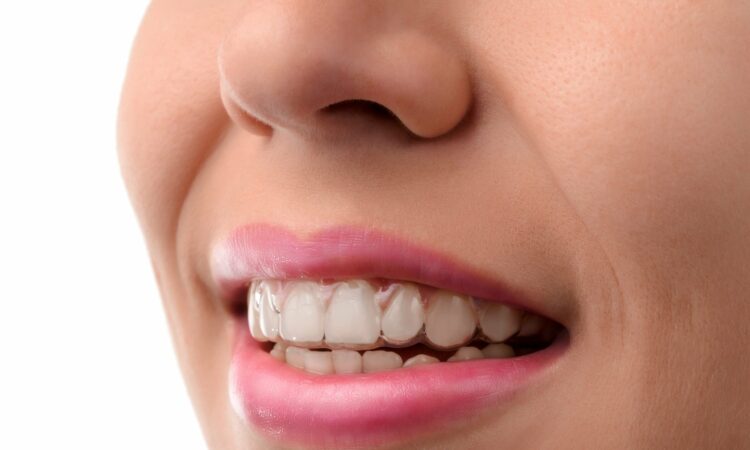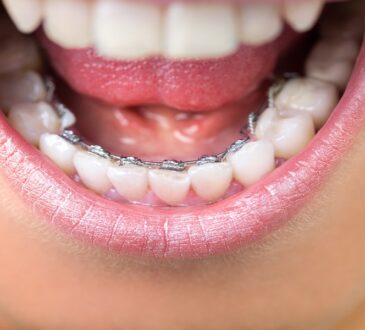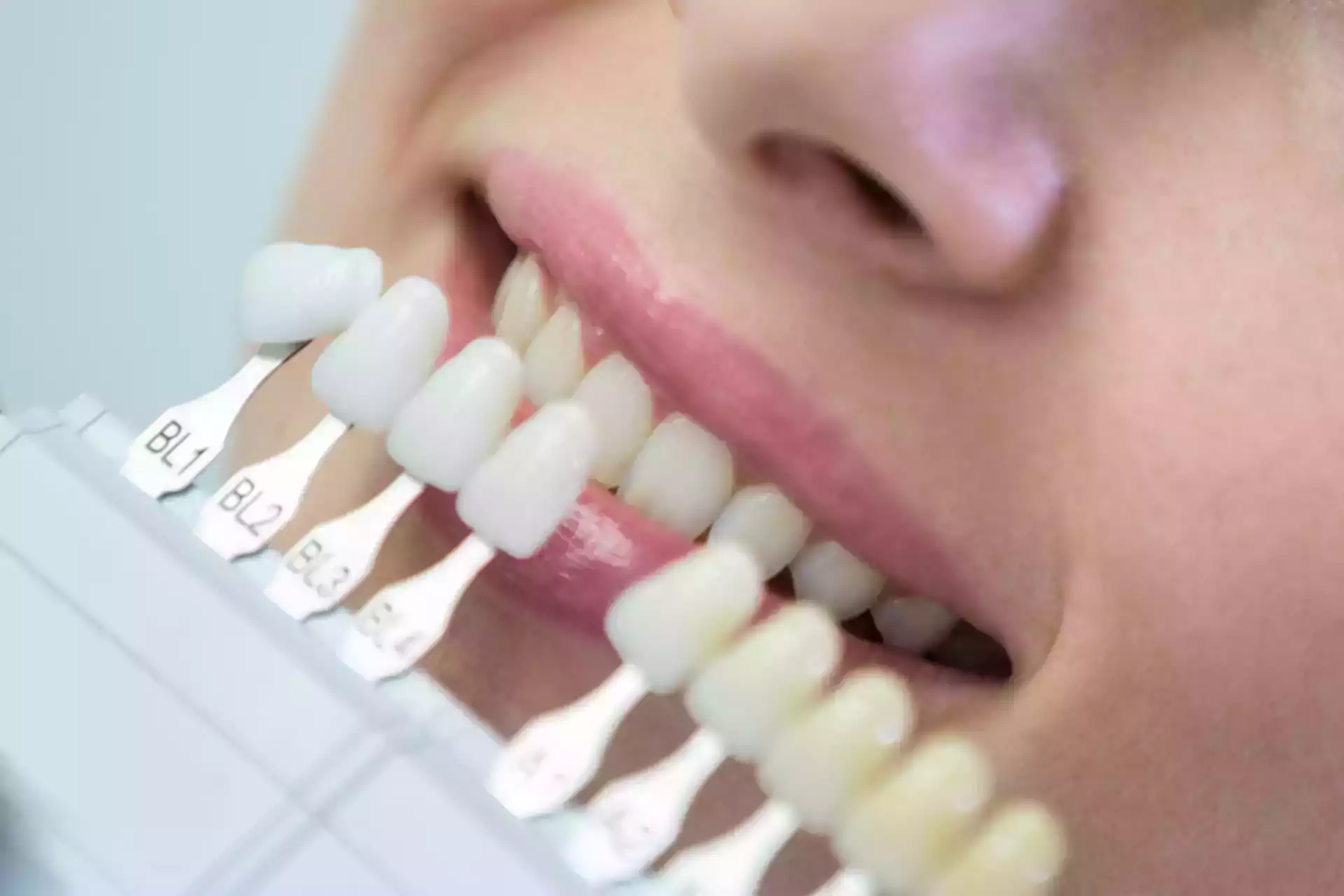
Sensitivity or pain in the gums upon eating or brushing is not just something that happens once in a while. Most individuals believe that brushing too hard or having something painful to eat is the only reason why they experience pain in the gums.
Although brushing vigorously may add to the pain, the continued gum discomfort may be an indication of something more: bacteria hiding beneath the gumline. Learning the cause of your gums hurting and what you can do to improve them is vital in ensuring overall oral health.
The Bacterial Underdog: Bacteria and Gum Disease
Gum disease is a prevalent condition that impacts millions of people in the world and is an early symptom manifested through gum tenderness. The accumulation of a sticky layer of bacteria (plaque) along the gumline may lead to inflammation, redness, and sensitivity. This annoyance is easily felt following brushing or eating, particularly when taking hot, cold, or sweet food.
Most individuals do not focus on the early signs because they believe that a slight soreness is normal and temporary. Nevertheless, untreated gum disease may go unnoticed, causing more severe health problems, including bleeding gums, receding gums, and even loss of teeth. This is the reason why it is necessary to watch for early symptoms.
The Role of Poor Oral Hygiene
Poor oral care is one of the major causes of gum pain. Brushing and flossing are essential in removing plaque and food debris, which collects in hard-to-reach places. The failure to brush on a regular basis or floss results in the growth of bacteria and subsequent inflammation and sensitivity of the gums.
We also should point out that even regular brushing will be of no use when dental checkups and professional cleanings are not carried out. Hardening plaque in the form of tartar cannot be done at home. The accumulation of tartar provides a coarse texture in which bacteria can thrive, and this worsens gum tenderness.
The Importance of Dental Checkups and Cleaning
Dental checkups and cleanings are important in the prevention and treatment of gum disease. In a professional cleaning, dentists Sydney cleanse the places that are hard to reach with a toothbrush or floss. This relieves pain and sensitivity as well as prevents the development of gum disease.
An early stage of infection of the gums can be detected with the help of a regular checkup and cleaning of the teeth before it starts being a serious problem. Dentists are also able to offer tips on how to brush and the right products to use in terms of oral care, as well as any treatment that suits you.
In case of sore gums, visiting a dental clinic in my area will make sure the issue is solved as soon as possible. Early intervention lowers the probability of complications such as gum recession, loss of bone, and loss of teeth.
Early Gum Disease: Manifestations and Prognosis
Gum disease can have a hidden onset and can thus be overlooked easily. Gingivitis, or early-stage gum disease, is a condition that is typified by redness, swelling, and tenderness on the gumline. Bleeding of gums during brushing or flossing, as well as post-eating sensitivity, are typical.
Without medical attention, gingivitis will develop into periodontitis, a more severe type of gum disease. Periodontitis may destroy soft tissue and bone, which hold the teeth, resulting in the movement of teeth and, eventually, tooth loss. The fact that the gum is sore after eating or brushing is a threat, and this means that the situation needs professional attention.
The Significance of Soft Treatment
Professional treatment is very important, but the daily care at home is also very important. A soft-bristled toothbrush should be used to reduce irritation, and brush in circular movements. Brush your teeth every day to get the spots that your toothbrush will not reach. Mouthwashes or toothpastes that are harsh or abrasive should be avoided, as they may increase sensitivity.
Moreover, taking a healthy diet and minimizing sweet snacks would prevent bacterial expansion in the mouth. Water consumption helps in clearing food particles and cleaning your gums. Professional dental care with regular at-home care is the best way to prevent gum tenderness and disease.
Visiting a Dental Clinic Near You
It is not something that should be ignored in case your gums are sore after eating or brushing. Professionally assessing your oral health at a dental clinic in my area will ensure your teeth are well taken care of. Dentists are able to determine the cause of the pain, whether it is gum disease, infection, or some other underlying condition.
In a good dental clinic, you are likely to receive a complete cleaning, check-up, and treatment programme. Early treatment can alleviate pain, avoid additional injury, and put your gums back to good health.
Preventing Future Gum Problems
Preventing gum disease and related tenderness starts with consistent oral hygiene and regular dental visits. Here are some practical steps you can take:
- Brush at least twice daily using a soft-bristle toothbrush.
- Floss daily to remove plaque and food debris between teeth.
- Schedule regular dental checkups and professional cleanings.
- Limit sugary foods and drinks that encourage bacterial growth.
- Stay hydrated to maintain saliva flow, which naturally protects your gums.
Conclusion
Painful or swollen gums following eating or brushing are often early indications of gum disease as opposed to the aggressive brushing itself. Neglect of these symptoms may result in other serious dental issues, such as receding gums, bone loss, and loss of teeth. It is important to ensure that you brush your teeth properly, floss every day, and get your dental checkup and cleaning regularly.
When you have chronic pain in your gums, the closest dental clinic is the first step in getting a professional, painless treatment. Suicide may be avoided by treating the illness before it progresses and having a healthy and assured smile. Keep in mind that the prevention of gum pain today avoids serious complications tomorrow. Act now to improve your oral health and have long-term benefits.




